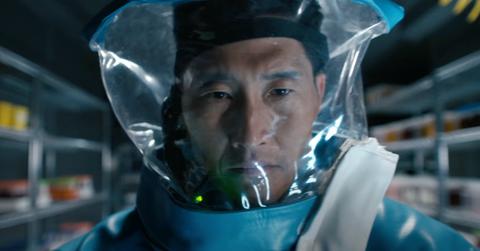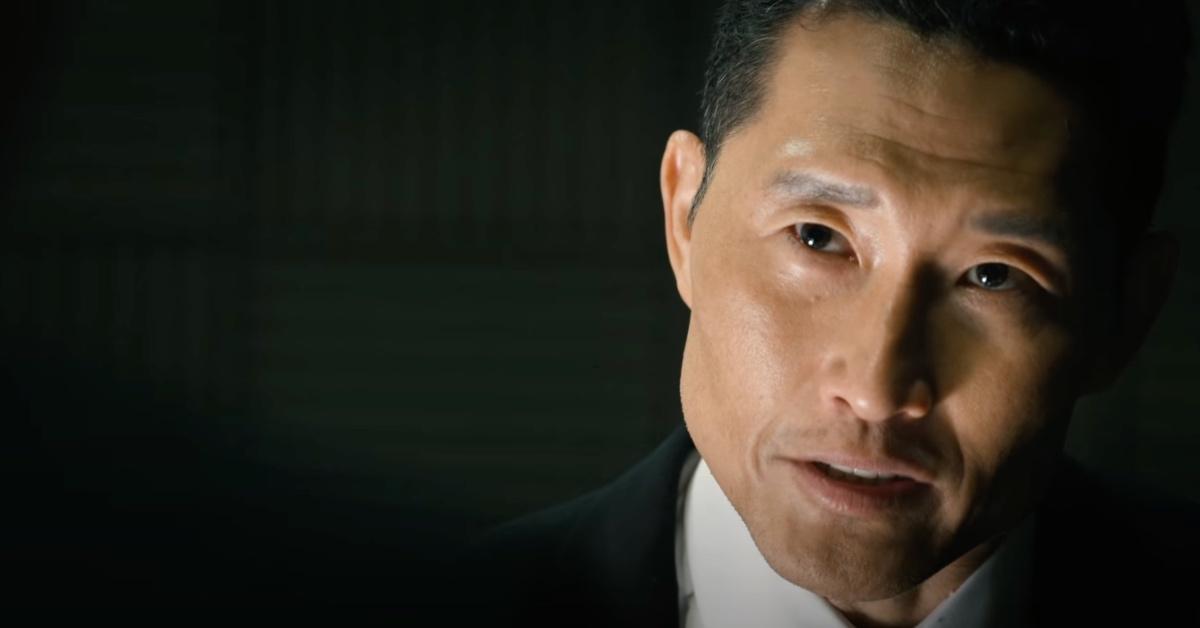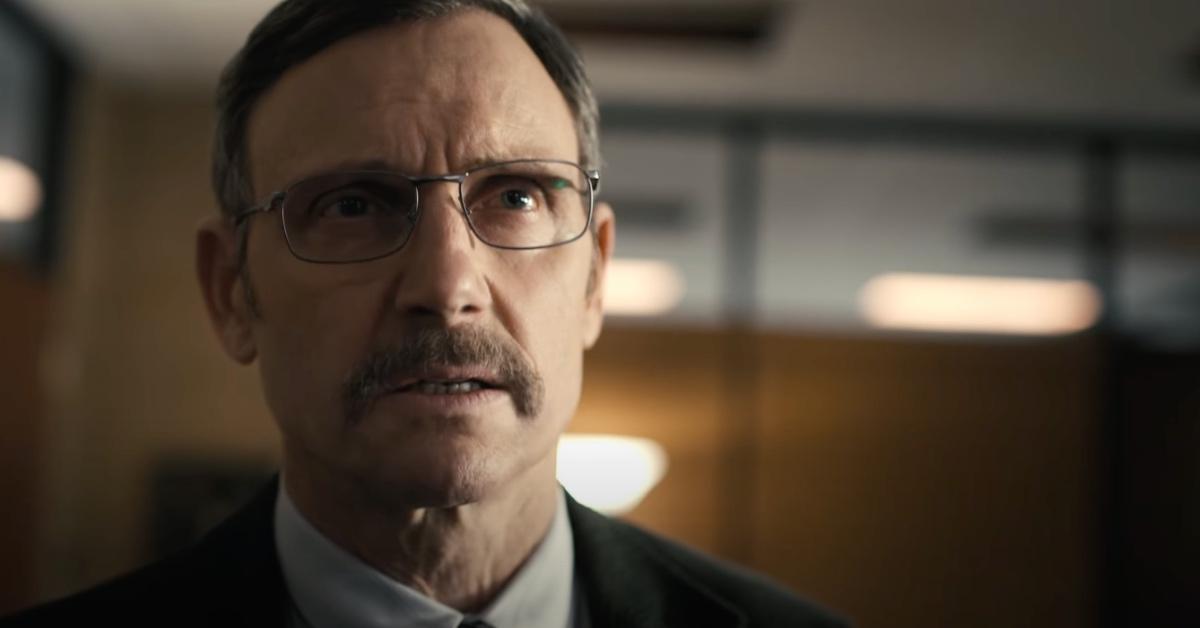'The Hot Zone: Anthrax' Takes a New Look at the 2001 Anthrax Attacks
Published Nov. 30 2021, 11:36 a.m. ET
Shortly after the Sept. 11 attacks, letters laced with anthrax started to appear seemingly out of nowhere in the offices of high-profile politicians and leading media outlets. Described as "the worst biological attacks in U.S. history" by the FBI, the acts of biological warfare ushered in a climate of anxiety and fear.
The Hot Zone: Anthrax revisits this strange slice of history. Does the series provide a truthful retelling? How much of The Hot Zone: Anthrax is based on a true story?
'The Hot Zone: Anthrax' is based on a true story, though it features fictional elements.
The six-episode-long series tells the story of Matthew Ryker (Daniel Dae Kim), an FBI agent who first learns about a Florida-based journalist who becomes infected with the bacteria.
FBI Agent Ryker is a fictional character — but the events he has to deal with while on the job closely imitate the ones that occurred in real life. Side characters like Bruce Edwards Ivins (played by Tony Goldwyn) are very much based on actual people.
A microbiologist and senior biological defense researcher, Ivins took up an interest in anthrax after conducting extensive research on Legionella and cholera. He was identified as the main culprit behind the attacks, but he died by suicide in 2008 before murder charges were brought against him. The anthrax attacks cost the lives of five people and infected 17 others.
Directed by Michael Uppendahl (of The Walking Dead fame) and Nick Murphy (the creator of The Awakening), The Hot Zone: Anthrax takes a new look at the hair-raising events that kept the average citizen on edge back in the early 2000s.
"[Matthew Ryker] was an amalgamation [of different people]," Daniel Dae Kim told NPR. "The investigation itself took a number of years, and so for the sake of storytelling, we compress that time. The events that real FBI agents undertook to solve the crime and the mystery were actual events, but they were personified through some semi-fictional characters like myself and my FBI team."
As Daniel also told the outlet, The Hot Zone: Anthrax slams the fast-forward button on the course of history, compressing the atrocities occurring in 2001 into a somewhat neater timeline. The FBI officially closed the investigation in February 2010, nine years after the first letters containing anthrax spores were sent out.
'The Hot Zone: Anthrax' highlights the anxieties surrounding the anthrax attacks.
The Hot Zone: Anthrax aims to capture the panicked mood triggered by the biological attacks. As such, it immediately attracted parallels to the COVID-19 pandemic.
"We go to Florida, we go to Washington D.C., we go to New York, we cut out a piece in the Southwest," Brian Peterson, the co-showrunner of the series, told Variety. "So, what was very different was actually addressing the panic and addressing what happens when disaster strikes in the media, when disaster strikes on Capitol Hill, when disaster strikes in a retirement community in Florida."
The Hot Zone: Anthrax concludes with two final episodes airing on Tuesday, Nov. 30, 2021, on National Geographic.
The episodes that have already aired on National Geographic are available on Hulu as well.


